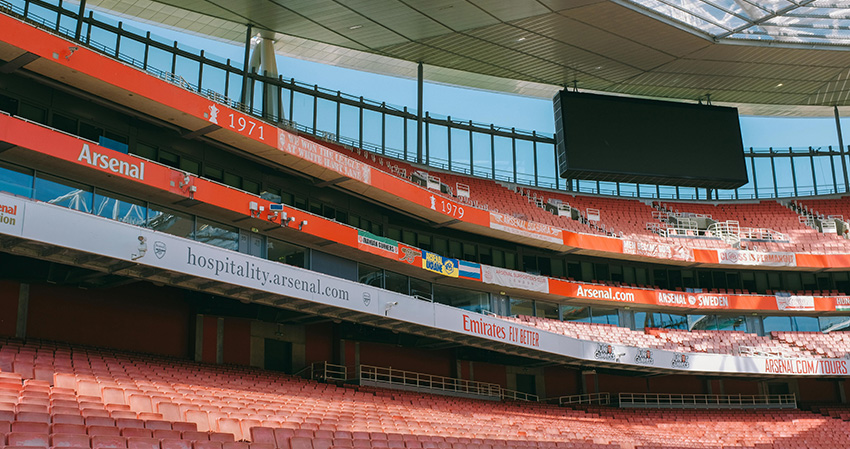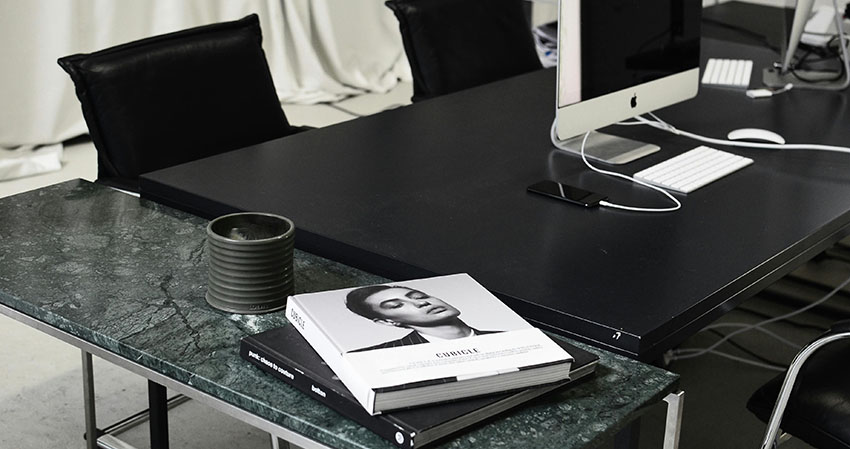
Glazing Compliance Audits: Ensuring Safety in Sports Stadia
Sports stadia are high-traffic areas where safety is paramount. Glazing, or glass panels, plays a significant role in the construction of these facilities. However, if not properly installed or maintained, glazing can pose serious safety risks. Broken or non-compliant glass can lead to injuries, property damage, and even fatalities. To mitigate these risks, glazing compliance audits are essential.
Unique Challenges in Sports Stadia
Sports stadia present unique challenges when it comes to glazing safety. These include:
High foot traffic: Sports stadia are often crowded, increasing the risk of accidents involving glass.
Impact hazards: Sports equipment, such as balls and projectiles, can pose a threat to glazing.
Crowd control: In times of excitement or disturbance, crowds can become unruly, potentially damaging glass.
Security concerns: Sports stadia are often targets for vandalism or even more serious threats.
Specific Requirements for Glazing in Sports Stadia
In addition to the general regulations and standards mentioned earlier, there are specific requirements that apply to glazing in sports stadia:
Safety Glass Standards: Glazing in sports stadia must meet specific safety glass standards to ensure that it can withstand impact without shattering into dangerous shards. This often involves the use of laminated or tempered glass.
Impact Resistance: Glazing should be able to withstand the impact of sports equipment, such as balls or projectiles. This may require thicker glass or additional reinforcement.
Security Measures: In some cases, glazing may need to be reinforced to protect against vandalism or even terrorist attacks. This can involve the use of bullet-resistant glass or security film.
Accessibility Standards: Sports stadia must comply with accessibility standards, ensuring that people with disabilities can safely enter and navigate the facility. This includes providing clear sightlines and accessible seating.
Crowd Control: Glazing should be designed to minimize the risk of injuries during crowd surges or disturbances. This may involve using shatter-resistant glass or installing protective barriers.
What is a Glazing Compliance Audit?
A glazing compliance audit is a thorough inspection of all glazing materials in a building or facility. The goal is to ensure that all glazing components meet the required safety standards and regulations. These audits are typically conducted by qualified professionals who have expertise in building codes, glazing standards, and risk assessment.
The audit process typically involves:
Visual inspection: A detailed layout_image: pexels-skylar-kang-6044914.jpg examination of all glazing materials, including windows, doors, skylights, and curtain walls.
Testing: In some cases, tests may be conducted to assess the strength and safety of the glazing. This can include impact testing or other specialized assessments.
Identification of non-compliant areas: Any glazing that does not meet the required standards will be identified.
Risk assessment: The auditor will assess the potential risks associated with non-compliant glazing, such as the likelihood of injury or property damage.
Recommendation report: The auditor will prepare a detailed report outlining the findings of the audit, including any non-compliant areas and recommended remedial actions.
Regulations and Standards
Glazing compliance audits must be conducted in accordance with relevant regulations and standards. Some of the key regulations and standards that apply to glazing in sports stadia include:
BS EN 12600: This European standard specifies the requirements for glass safety characteristics in buildings.
BS 6206: This British Standard provides guidelines for the impact testing of glass.
Workplace (Health, Safety and Welfare) Regulations: These regulations require employers to provide a safe and healthy working environment.
Building Regulations: These regulations set standards for the construction and maintenance of buildings.
Document N: This document outlines the requirements for glazing safety in the UK.
Martyn’s Law: The Protect Duty
Martyn’s Law, also known as the Protect Duty, is a new UK law that aims to improve the security of public places. It will place a legal duty on public venues, including sports stadia, to take reasonable steps to prevent terrorism. This includes conducting risk assessments, developing security plans, and training staff on counter-terrorism measures.
The Protect Duty will have significant implications for sports stadia. Venues will need to ensure that their glazing is compliant with security standards and can withstand potential threats. Glazing compliance audits will play a crucial role in identifying and addressing any vulnerabilities.
Case Studies
1. Wembley Stadium, London
Problem: Wembley Stadium needed to upgrade its glazing to meet modern safety standards and improve security.
Solution: The stadium installed laminated safety glass throughout the facility, including in areas with high foot traffic and potential impact hazards.
Outcome: The upgraded glazing significantly enhanced the safety of the stadium and provided better protection against vandalism.
2. Allianz Arena, Munich
Problem: The Allianz Arena faced challenges related to crowd control and vandalism.
Solution: The stadium installed shatter-resistant glass in areas with high foot traffic and implemented security measures to protect against vandalism.
Outcome: The measures helped to prevent injuries and property damage during crowd surges and incidents of vandalism.
3. Soldier Field, Chicago
Problem: Soldier Field needed to improve the safety of its skyboxes and other areas with elevated glazing.
Solution: The stadium installed laminated safety glass in these areas and implemented measures to prevent objects from being thrown from the upper levels.
Outcome: The upgrades significantly reduced the risk of injuries and property damage.
4. Lord’s Cricket Ground, London
Problem: Lord’s Cricket Ground needed to enhance its security against potential attacks.
Solution: The stadium installed blast-resistant window film to protect against flying glass in the event of an explosion.
Outcome: The project successfully improved the safety of the cricket ground and provided peace of mind for spectators and players.
5. Arsenal FC
Problem: Arsenal FC wanted to enhance security in their control room.
Solution: The stadium installed heavy-duty security film and an edge retention system to protect against vandalism and potential attacks.
Outcome: The measures provided increased protection for the control room and enhanced the overall security of the stadium.
6. Walsall FC:
Problem: Walsall FC was experiencing issues with fans seeing into their control room.
Solution: The stadium installed privacy film to obscure the view from the outside.
Outcome: The privacy film helped to improve security and prevent disruptions during games.
Glazing compliance audits are essential for ensuring the safety and well-being of people in sports stadia. As Martyn’s Law comes into effect, it will be even more important for venues to demonstrate their commitment to security. By conducting regular glazing compliance audits and implementing necessary measures, sports stadia can help to protect their patrons and staff from potential threats.
To ensure the safety of your sports stadium and comply with Martyn’s Law, schedule a glazing compliance audit today. Our team of experts can assess your facility’s glazing and provide recommendations to improve safety and security. Contact us at 08000 151815 or enquiries@solartekfilms.com to learn more.













